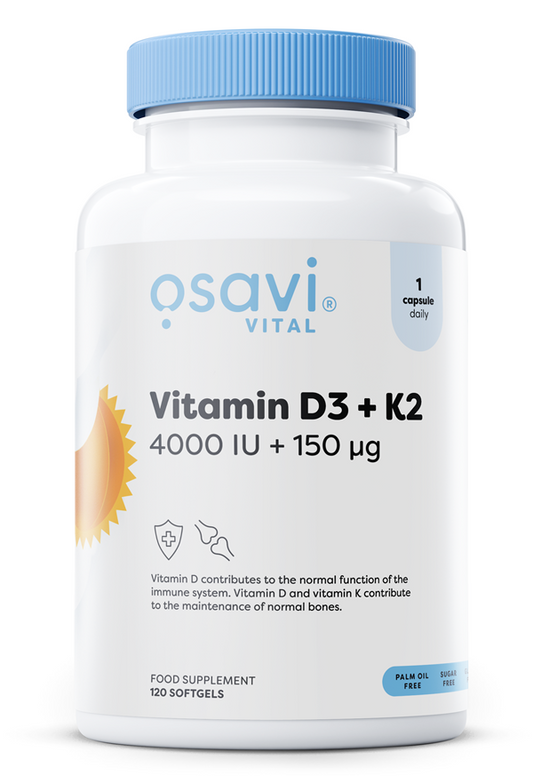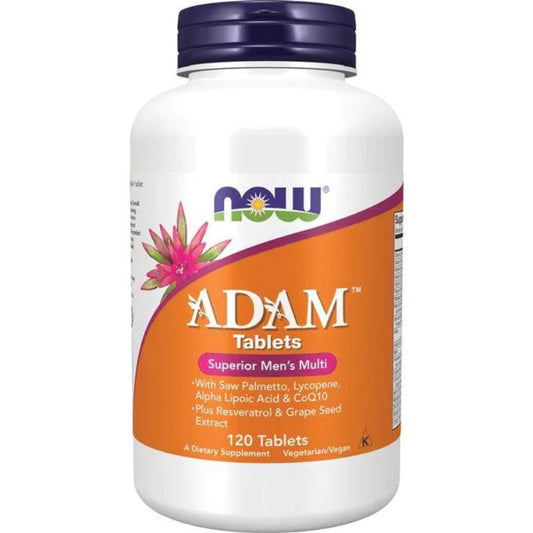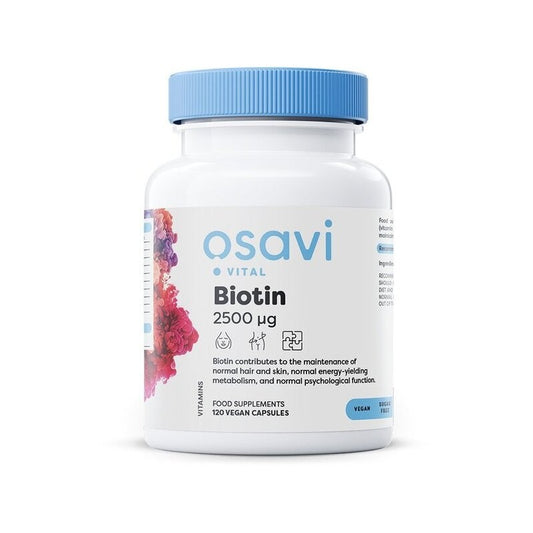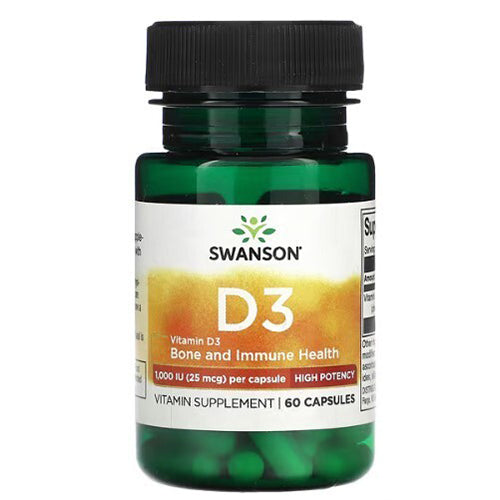
Creatine: Supplement for Muscle and Energy Support
Jakub SkibaAt Positive Dose, we believe that maintaining an active lifestyle is about more than just exercise—it’s about supporting your body with the right nutrients, information, and habits. Creatine is a popular supplement that fits seamlessly into an active routine, offering a simple way to complement daily activity and balanced nutrition. Naturally produced in the body and found in foods like red meat and fish, creatine is widely used by people seeking to maintain energy, support muscle function, and sustain consistent movement throughout the day. Our goal is to make supplements accessible, understandable, and practical for everyday wellness, so you can make choices that suit your lifestyle and goals. Whether you are a beginner, a recreational athlete, or an older adult looking to stay active, creatine can be incorporated in ways that enhance your routines and complement whole-food nutrition.
What Is Creatine?
Creatine is a naturally occurring compound formed from the amino acids arginine, glycine, and methionine. The body produces a small amount daily, and dietary sources include beef, pork, salmon, and tuna. Supplements, especially creatine monohydrate, provide a simple way to include creatine in the diet, particularly for those on plant-based diets or with higher activity levels. Creatine is used to support energy availability during physical activity and to complement active routines.
Top Food Sources of Creatine
You can obtain creatine naturally from foods. Approximate creatine content per 100 grams of common sources includes:
-
Beef: 0.9–1 g
-
Pork: 0.7–1 g
-
Salmon: 0.9–1 g
-
Tuna: 0.8–1 g
-
Herring: 1–1.1 g
-
Cod: 0.3–0.4 g
Plant-based foods contain very little or no creatine, so supplementation may help maintain consistent intake for vegetarians and vegans.
How Creatine Supports Active Lifestyles
Creatine helps provide energy for short bursts of activity such as weightlifting, sprinting, or other high-intensity movements. It can be a helpful addition to routines focused on strength, endurance, or general fitness. Creatine is most effective when incorporated into a consistent routine alongside hydration, balanced nutrition, and regular physical activity.
Recommended Daily Intake
A general guideline for creatine use includes:
Loading Phase (optional): 20 g/day split into 4 doses for 5–7 days to saturate muscles faster, not required.
Maintenance Phase: 3–5 g/day for ongoing intake to support routine use.
Plant-Based Diets: 3–5 g/day can help complement lower dietary intake.
Who Can Include Creatine in Their Routine?
Creatine is suitable for: people engaging in fitness or strength training, older adults maintaining activity, vegetarians or vegans, and anyone looking for nutritional support during short bursts of activity.
How to Take Creatine
Mix creatine with water or a carbohydrate-rich meal. Drink plenty of water throughout the day. Consistency is key—daily use helps maintain creatine levels as part of a balanced nutrition plan.
Safety and Considerations
Creatine is generally considered safe for adults when used according to product instructions. Some individuals may experience mild digestive discomfort when starting supplementation. Always follow product directions and consult a professional if unsure.










